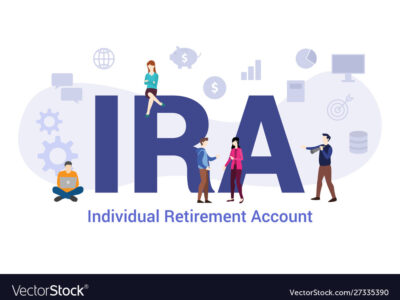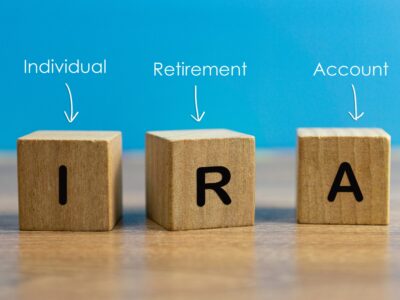How to start saving for retirement in your 20s
When you are in your 20s, a lot of new things are happening in your life. You’re working a few jobs just to get extra cash in your pocket. You could be paying for school. You might have finished school. You are trying to figure yourself out, trying to figure out your job or career situation. Some people land it right out of school, some people transition to a new field like I did which require additional education. Others hit the ground running with their ideas or small businesses. Others people take time off. With all of this, retirement savings is probably the last thing on ones mind. It wasn’t on mine and I had an IRA account opened at 18 years old from encouragement with my brother.
Get started in your 20s. About half of young adults ages 18 to 35 want to wait until they earn a bigger paycheck, but don’t indicate a lack of money, according to Bankrate. While these days, especially during a pandemic, most like not have disposable income to even think about saving for retirement. The truth of the matter is that even though you can later in your career, you end up losing more growth potential in the long-term. Why that is? You lose all the compound interest and having your dollars work for you. Your money makes more money for you the higher balance and the longer it is in your retirement account.
In your 20s, you have over 40+ years to take advantage of compound interest.
How to get started. The question for many 20-somethings is where to begin. For those not with an employee or not working full-time – the best thing to do is open up an IRA, which is an individual retirement account with any brokerage (Charles Schwab, Vanguard, eTrade, JPMorgan, SoFi, etc). Generally, Roth IRA is preferred because you won’t have to pay taxes on your earnings when. you withdraw because you paid today’s taxes on them.
If you work for an employer that provides a retirement plan option, that’s the best place to start. Some companies, offer a matching contribution. An example being they could give 50% matching up to 5k. So for every dollar you contribute of your own money, they will give you 50 cents to that dollar. Up until they give 5k. So if you contribute 10k, they’ll give you 5k into that same 401k account. That’s pretty good and if you’re company provides this, you should give enough until match as it’s really just free money. If you’re in a situation to max contribute, that’s even better as you’ll have more for your future. For those curious, the company matching contribution does not count towards annual maximum.
Be consistent. For many 20-somethings, especially those with student loan debt, investing large amounts of money for retirement may not be realistic. A more effective strategy may be to invest smaller amounts regularly. One way of doing this is to automatically invest a small portion every paycheck, something you won’t even feel like $50 dollars a paycheck. That could be equivalent to a $5 cup of coffee a boba drink a day. These things add up to something larger.
I’ll be honest though, when I graduated, I barely had enough for a $2 dollar cup of coffee let alone investments. There were some months where I was just getting by having to pay for loans. Certain years, I would get an unexpected lump sum of money that I didn’t account for like an annual bonus or a family gift. This is another good thing to put in your retirement instead of buying something.
Tip on retirement contributions. You can contribute to the previous years IRA contributions in the first 4 months of the new year. So before filing for taxes in April, you are allowed to contribute to the year that just ended. That’s a good way to catch up or if you get extra dollars, bring it closer to the annual max.
So in summary, contribute early and often:
- Get free money when you can – so contribute to get the Matching Contribution from an Employer
- Automatically invest small sums per paycheck – set it and forget it and have it withdrawn before you see it
- Use bonuses or unexpected gift money to contribute instead of buying something else
These are things you won’t regret – even if you wanted to get something else.









